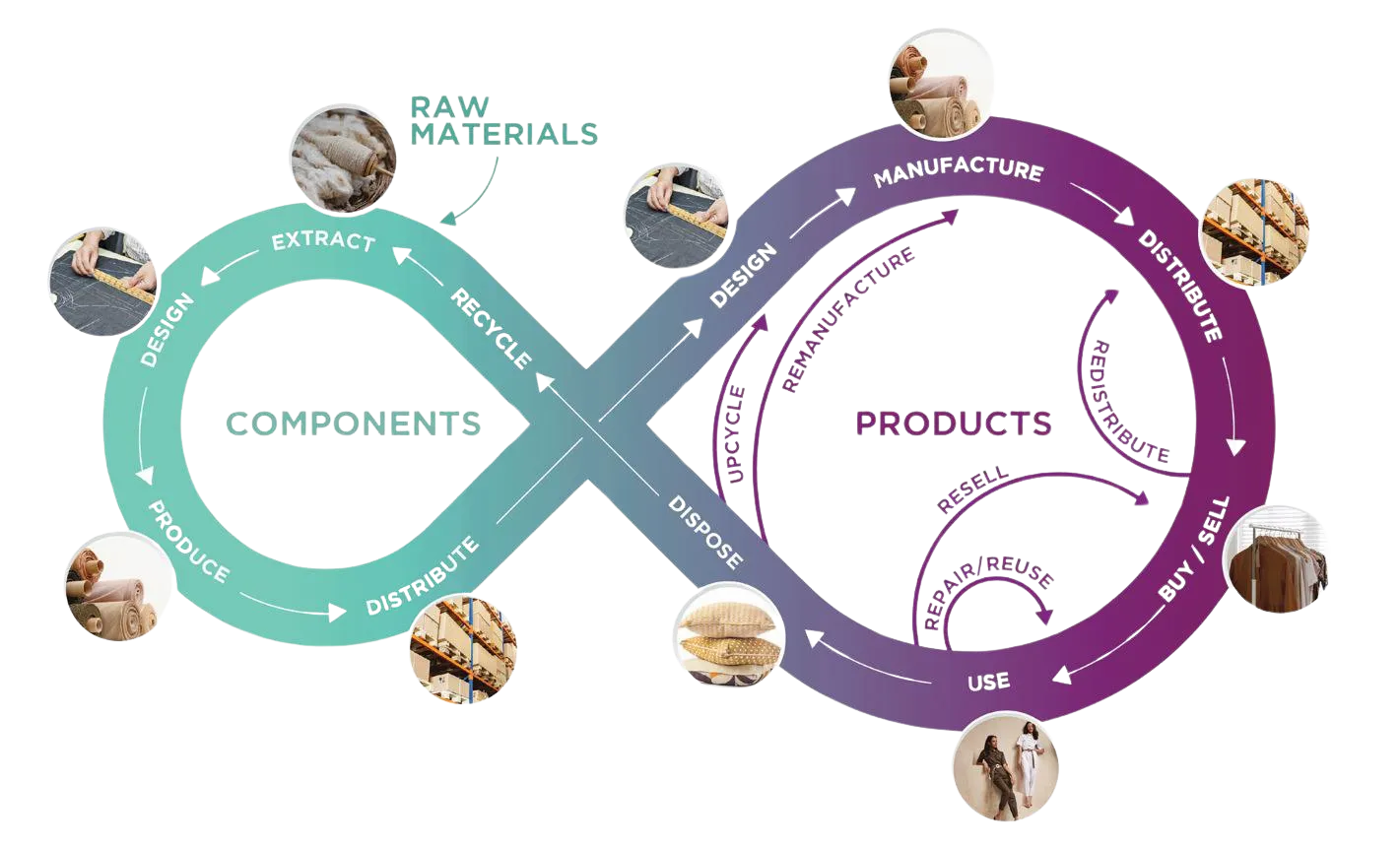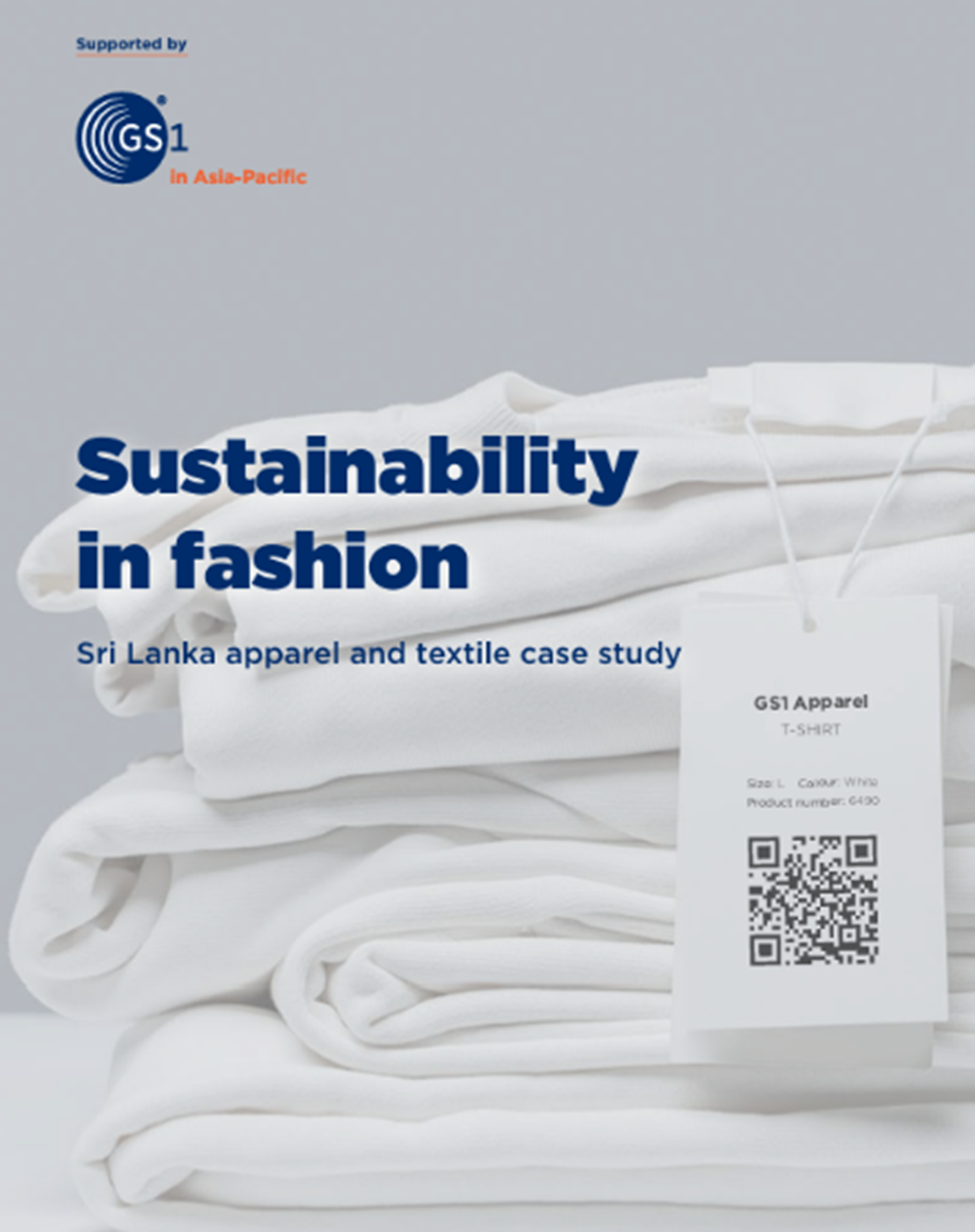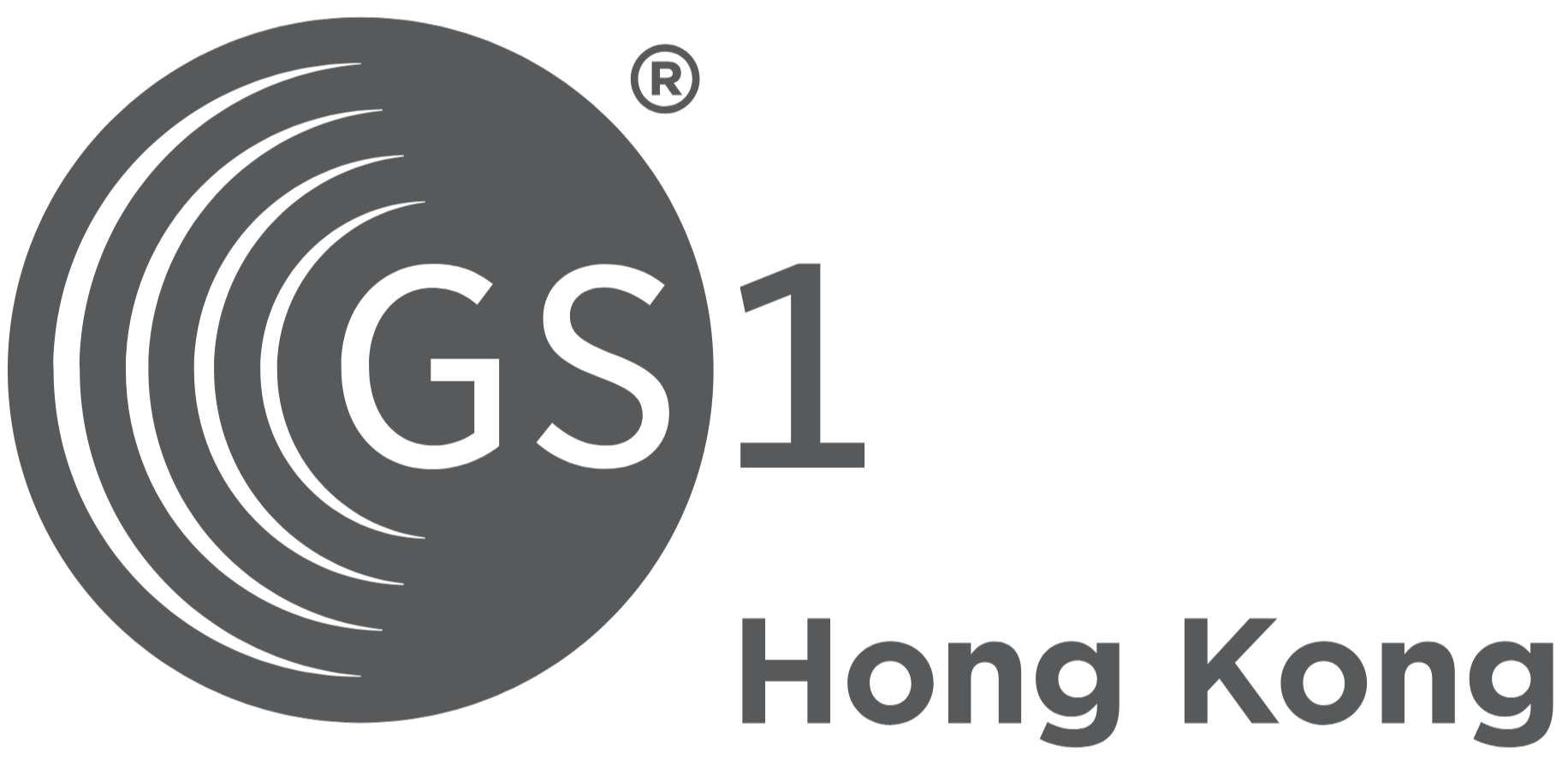Digital Product Passport
What is the Digital Product Passport?

The Digital Product Passport (DPP) is a set of product information to support the circular economy and sustainability. The DPP will provide each product with a unique identity, linked to one or more standardised data sources, and will contain information related to the entire lifecycle of the product including:
- Product data such as category, origin, etc.
- Material composition
- Supply chain data
- Compliance and certification
- ESG data
- End-of-life information such as repairability, recycling and disassembly instructions
The DPP allows stakeholders along the entire value chain - consumers, businesses, regulators - to easily share and access this data, through a single point, in a transparent and digital way.
The Digital Product Passport with GS1 Standards
A Digital Product Passport efficiently creates a digital twin of a physical product, and securely records and shares essential information about a product throughout its lifecycle. The digital twin is commonly associated to the physical product through a QR code and can be accessed via a smart device.
GS1 standards enable digital product passports to work in practice, without reinventing the wheel, by leveraging shared global rules already used by more than 2 million companies in the GS1 community worldwide. GS1 Digital Link and 2D barcodes are particularly relevant to the DPP. These standards enable product information to be accessed online and scanned via a single barcode, by consumers with a smartphone, at the checkout and by all those involved in the supply chain.
The GS1HK Digital Product Passport Solution
GS1 HK aims to support companies to fulfill EU Digital Product Passport requirements and build a digital ecosystem for sharing ESG data. The DPP is not just a regulatory requirement, it is an opportunity for companies to build trust, stand out in the market and achieve your sustainability goals. By consistently managing product data, you open the door to enhanced consumer interaction, greater transparency and added value at every step of the product lifecycle.
Empower Your Products with a Digital Identity

Regulatory Compliance
Global standards enable companies to collect and share key information in compliance with regulations and industry requirements

Supply Chain Transparency
Ensure product-level traceability through every stage of a product’s lifecycle

Sustainability and Circularity
Enable sustainable choices, and ensure greener end-of-life decisions through greater product composition visibility

Consumer Engagement
Enable better purchase decisions and enhance relationship with consumers by providing accessible
(New!) Sustainability in Fashion Report
Sri Lanka Apparel and Textile Case Study

The digital sharing of ESG data will become a future trade requirement. GS1 Asia Pacific has collaborated with Sri Lankan manufacturers to pilot the use of GS1 Digital Link standard for sharing ESG supply chain information. Funded by the Asian Development Bank, this initiative helps businesses in developing countries build digital capability to create and share trustworthy ESG data and maintain access to global markets.
The manufacturers prioritised the Digital Product Passport requirements. GS1 Hong Kong developed a prototype t-shirt ESG data model supported by QR codes with GS1 Digital Link, putting the required information (supply chain data, product, sustainability information, carbon footprint, etc) into a structured format to be exchanged digitally.
Read the report: Download
Resource Library
Find shortcuts to new EU regulations, reports and publications related to Digital Product Passport.
- Ecodesign for Sustainable Products Regulation (ESPR)
- GS1 Standards enabling the EU digital product passport – Whitepaper by GS1 in Europe
The impact of open, international standards on circularity in Europe - Deloitte






